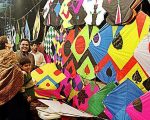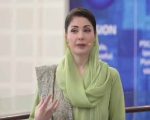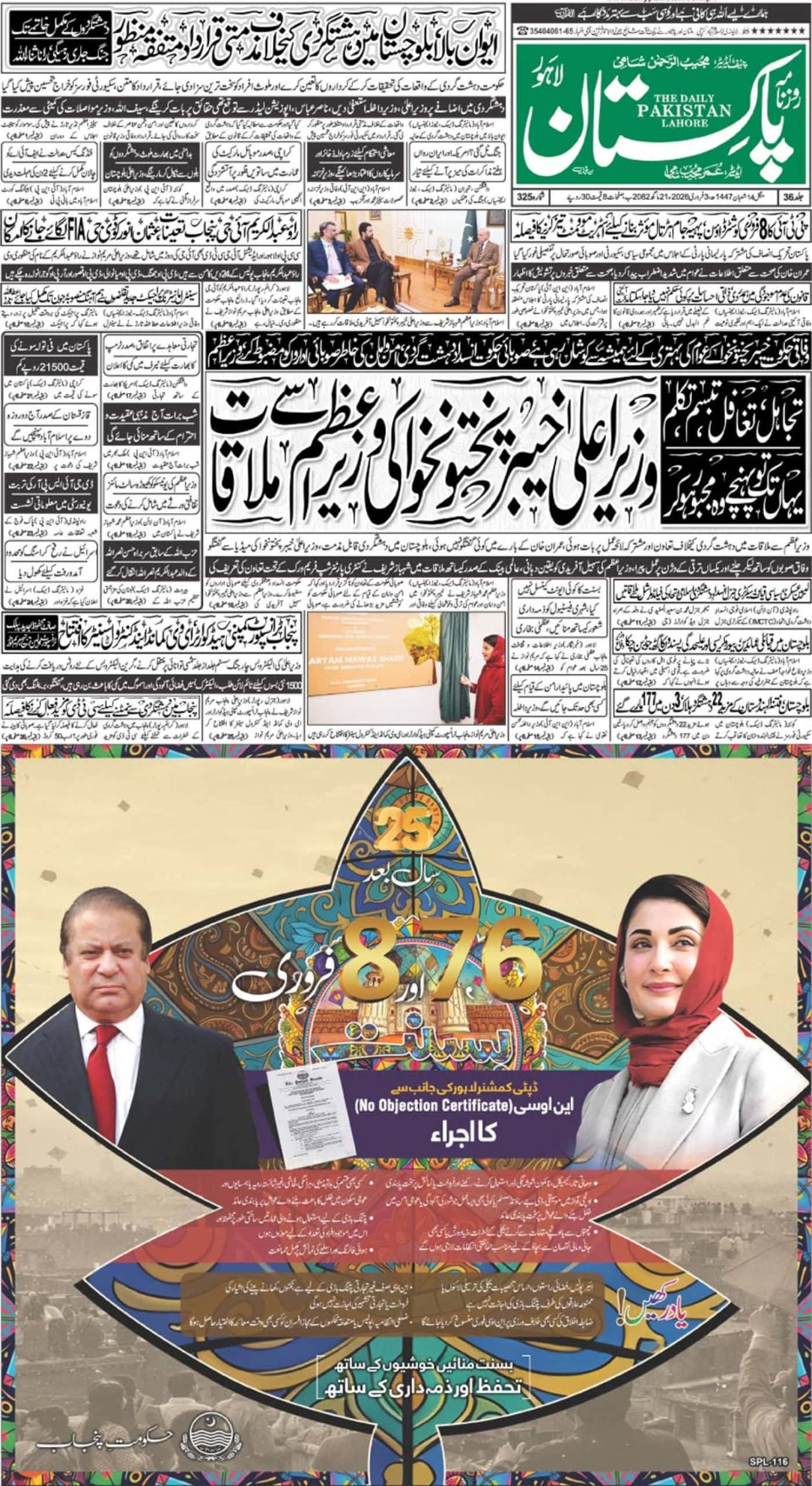Children wasted in wars as soldiers, spies or suicide bombers number in many thousands around the globe. Either desperation or injustice forces them to join these militant groups or they are abducted to be burnt in wars. Survival of mankind depends utterly on living in harmony and peace and the most effective way to bring people on the same side without influencing their religion, sect, belief or ethnicity is education. Only equal and all-inclusive education answers almost all the questions but only if provided to the masses appropriately.
After seemingly endless sufferings, Pakistan is on the verge of stabilization but all the struggle, sacrifices and visions will turn into a nightmare if, yet again, the nation fails to recognize the crucial role of education in peacebuilding. The Afghan mujahidin were left aimless after the Soviet withdrawal, as a result, Pakistan faced a string of disasters in the shape of intense terrorism.
The negative forces better-understand to exploit the young brains for they, unfortunately, have been and are feeding the kids with hatred of all kinds. Children at a very young age are trained by the terrorists and it’s been depicted on mainstream and social media frequently. African civil wars are considered world’s worst: only conflicts in Rwanda, Angola, Liberia, and Somalia resulted in almost one million deaths. Youth’s extremely heavy involvement dubbed these wars as youth crises.
Radicalization in modern world originated from left largely: Hitler, Castro and the entire radical left movement which resulted in Palestinians’ hijacking planes and suicide bombing. Pro-Soviet phenomenon pushed the world to guerrilla warfare, as a result, all coercive subversive tactics came in to use. To counter violent extremism country’s education system should be reformed at multiple levels: training of teachers, the material used for teaching, curriculum, and skills.
Curriculum
Textbooks are more than ever projecting the heroism of warlords and warfare here whereas in this global village, content taught to students highlights the advantages of peace. An empty slate that’s what a kids mind is called and it is up to the education system what it wants kids to become when grown up. Nelson Mandela, Dr Alama Muhammad Iqbal and Quid-e-Azam are the best examples to show the might of peace and understanding. These heroes accomplished their goals without indulging in violent extremism.
Poignantly, the term war crime is never introduced to a kid which disassociates crime and war at school age. Students never happen to learn that these war heroes can also be taken to the court of law for a trial.
On the other hand, an utter misunderstanding that puts academics on a higher pedestal over life skills has grasped the parents as well as educators but the fact is otherwise. Academics can never turn a child into a world citizen in solitude. A student can get better grades if good at academics but it doesn’t guarantee their positive contribution to the society.
The curriculum should consist of following three parts: knowledge, practical application in the classroom (such as roleplay) and ultimately resolving the contemporary local, national or international conflicts. Core to education should be teaching negotiation skills inculcating the idea that conflicts can result in a win, win situation instead of being a zero-sum game.
At a very early age, kids need to learn conflict resolution enabling them to solve the problem and feel calm. Feeling angry and deprived of their just share or thinking of others as enemies are natural for children, but what is missing is apprehending the way out and move on. Schoolchildren should be taught to develop consensus for if the youth isn’t able to recognize other’s rights, a sense of extremism penetrates in their minds which could end up in violence.
At the center of learning process must be the learner well equipped to identify, negotiate, reflect and ready to act upon the knowledge at the right time.
Teachers’ role in pre and post-conflict education is indispensable as it holds key to success. Teachers’ development programs are mistakenly confined under the parameters of capacity building and subject knowledge in our education system. No significance is given to ideological reconstruction of the teachers who faced certain conflicts in their early age leaving an immeasurable vacuum in their minds. This lack of clarity exports ambiguity hence results in lack of understating leading to anxiety in students. Capacity building programs only serve as refresher courses sharpening the teaching styles and learning teaching techniques which are limited to academics.
Pakistan and countries alike are in dire need of teachers who can inculcate human rights, tolerance, and harmony. Often children prefer violence to tackle the conflicts and disagreements. Teachers are to be trained to inspire children to opt for nonviolent behavior particularly in postwar societies.
Reintegration of IDPs and education
Unfathomable woes and pain of tribal belt of the country are almost over. But for how long, and will our government be able to engage them, or leave them to agonize like post-Afghan war again. Weapons can eradicate the terrorists but can never stop the mindsets exploiting the youth after brainwashing them. It is only possible through a political process which makes people believe in them being a part of the country. Very late, yet after the loss of a whole generation in war and terror tribal areas have been merged with KP.
FATA after the merger in KP ideally requires a flood of schools having well equipped and trained teachers to curb the sense of deprivation and feeling of being dealt unfairly. Post-conflict society building isn’t possible without an education that imparts empathy, fairness, human rights, understanding others perspective and tolerance.
The clutches of violent radicalism, unjust social structure, the absence of vision and failed education system has polarized the society. Students who could transform into the present and future mentors are to be prepared.
Reformed content, resources, and material for education strengthening the relations by disapproving social inequality and injustice inculcated by inspirational and trained teachers will integrate the society leaving no room for the negative forces to prosper in the country.
Social and political marginalization leading to radicalization serves as a platform for violence in the land of pure. Bringing uniformity in the education system or at least making peace education compulsory for all the three kinds of educational institutions – religious seminaries, and public and private schools – is direly needed. Social media is powerful more than ever nowadays and it’s spreading hatred at real fast pace. A country already under tremendous pressure can never afford to be late.














